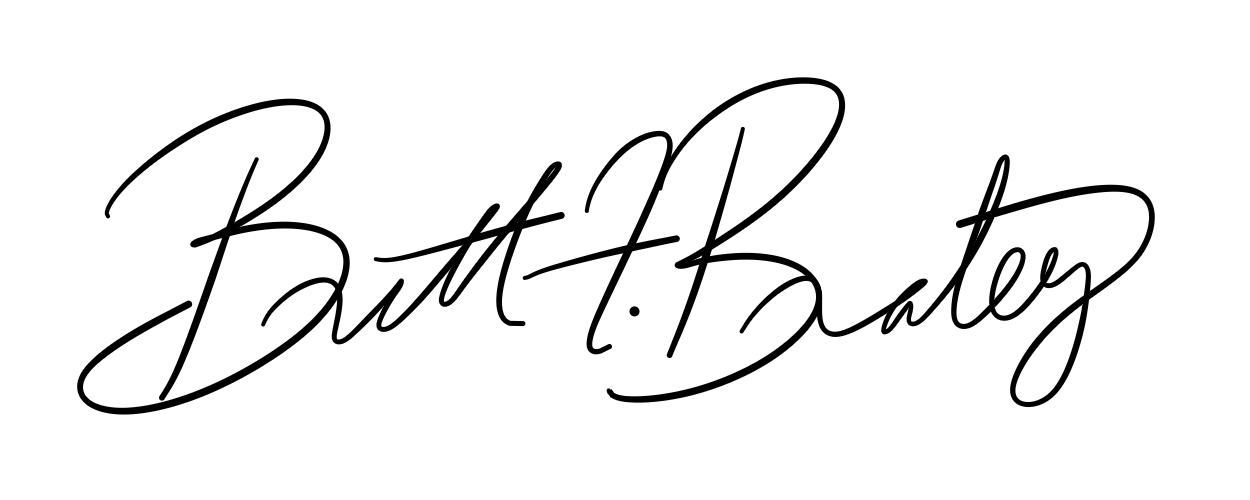Your Custom Text Here
Easter Sunday.
It was 1998 and I was seven. We visited my grandmother's grave for the first time. In a rippling field, in a small valley in Indiana. Forty-five minutes from Cincinnati and silent as a lamb. I held my mother's hand, dressed in paisley and wearing a clip-on tie from the dollar store, we watched the barley sway when we breathed and tears splashed on my hand, having slid unchecked down my mother's cheek.
It was Easter Sunday then, and we were driving past after an egg hunt and it wasn't intentional to stop, but we did. We stopped and held our breath when we recognized the name, etched into stone. It was nondescript, Norma's grave, and it was us who gave it any significance. It had stood there since 1980 and was probably going to still be there for a hundred years. That's the thing about Indiana--even the most dead things there have a more cast-iron constitution than anything living in California. Salt of the earth, you could die from their kindness.
My pockets filled with gold foil chocolate coins, clanging with change in broken plastic eggs, meticulously counted and stashed in my breast pocket, that was the Easter I knew there was heartache. I could read it on my mother's face. The only thing Protestant about my mother was her work ethic, everything else was superstition to this woman. But she was wondering, bartering, trying to make sense of it. If Jesus came back, why hasn't she?
They're both nameless, God and Norma, and that's the only thing they have in common. We call her "your mom" when addressing my own. It's an alienation of propriety to call her "grandma", even if we wanted to. Instead, my siblings and I sit and wait to hear any recollected memories of her from our mother. We know she liked As the World Turns and her husband was a drunk, that she liked peanut butter and was poor as dirt. But every Easter, I can't help but think of this woman, this shadow of ourselves, laying in the ground somewhere east of the Mississippi, and how she never even knew I existed.
And I thought of her this week. I made a prayer to the sky, to God and to her in heaven. I made a prayer to the gemstones I keep in a satchel, her body part of the ground now. I wanted to cover all my bases. I wanted to thank her for her work, to tell her that I like peanut butter, that I know what it's like to be dirt poor. I wanted to relate to this woman. And I just couldn't.
So instead I worked. I wake up at five thirty now, to ensure greeting guests and supervising the breakfast hour. It was busy for a holiday, which kept me there until dinner time. I drove home on an empty road and found Nolan and the dogs outside on the patio, music playing and eyes sleepy from the sunlight. Ham was waiting, potato salad made, eggs boiled. It was all done, done for me, with nothing to worry about but myself.
And so we ate. We ate and laid on the couch, lounging in akimbo postures to accommodate two dogs on our ikea Kivik couch, bought when it was just us. It was peaceful, it was easy. I called my parents and they had dinner at Bob Evans, dessert at a local shack that serves ice cream just up the road from my old high school. I said I was sorry I couldn't be home for the holiday, she said she was sorry the card was going to be late. It was easy to forget all she did do for me, but even easier to forgive a late card here or there. My mother works as a candy maker now, so Easter entails 13 hour days for her; no apologies needed.
But for us, in our tiny house in San Diego, we snacked on bread, took alternating naps, and wished tomorrow wouldn't come, so we wouldn't have to go back to work ever again.
These were naturally-dyed eggs made from coffee (the brown ones), paprika (yellow), and grape juice (grey-purple). I love the rusticity of their coloring and the way they feel like home.

